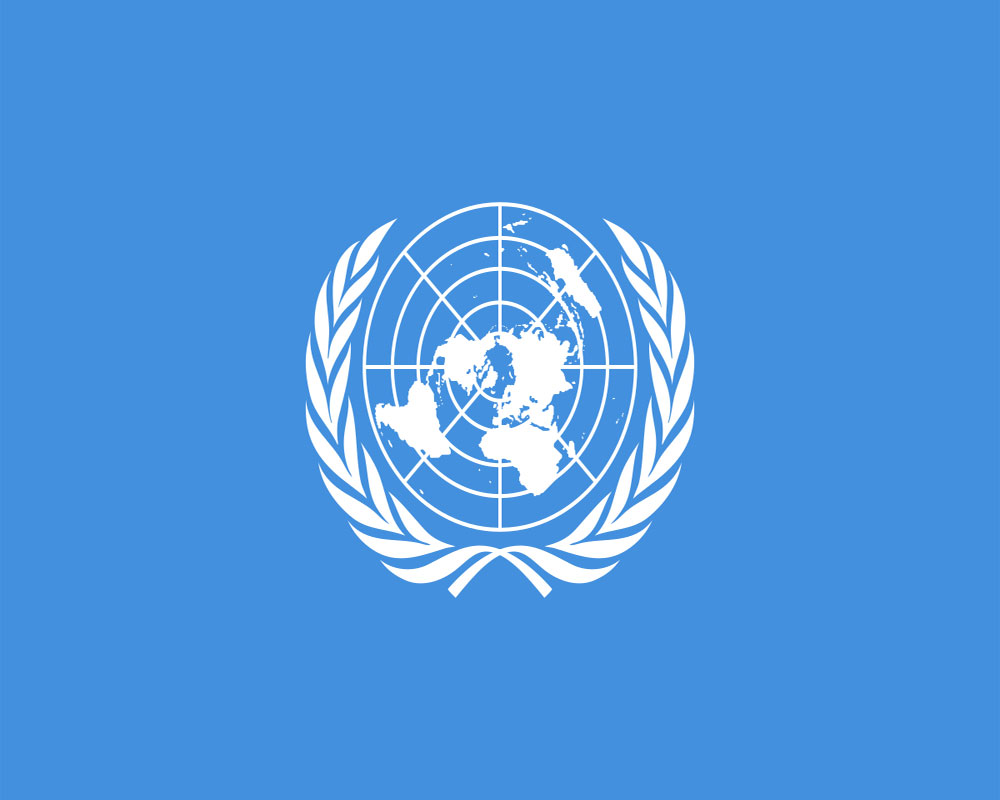An additional 207 million people could be pushed into extreme poverty by 2030 due to the severe long-term impact of the coronavirus pandemic, bringing the total number of the world's extremely poor to more than a billion, a new study from the UN Development Programme (UNDP) has found.
The study assesses the impact of different COVID-19 recovery scenarios on the Sustainable Development Goals (SDGs), evaluating the multidimensional effects of the pandemic over the next decade.
The study is part of a long-standing partnership between the UNDP and the Pardee Center for International Futures at the University of Denver.
"Severe long-term effects of the COVID-19 pandemic could push an additional 207 million people into extreme poverty on top of the current pandemic trajectory, bringing the total to over 1 billion by 2030," noted the study.
The 'Baseline COVID' scenario, based on current mortality rates and the most recent growth projections by the International Monetary Fund (IMF), would result in 44 million more people living in extreme poverty by 2030 compared to the development trajectory the world was on before the pandemic.
Under a 'High Damage' scenario, where the recovery is protracted, COVID-19 is likely to push an additional 207 million people into extreme poverty by 2030, and increase the female poverty headcount by an additional 102 million compared to that baseline, says the report.
The 'High Damage' scenario anticipates that 80 per cent of the COVID-induced economic crisis would persist in 10 years' time due to loss in productivity, preventing a full recovery to the growth trajectory seen before the pandemic.
However, the study also finds that a focused set of SDG investments over the next decade in social protection/welfare programmes, governance, digitalisation, and a green economy could not only prevent the rise of extreme poverty, but actually exceed the development trajectory the world was on before the pandemic.
"This ambitious, yet feasible ‘SDG Push' scenario would lift an additional 146 million people out of extreme poverty, narrow the gender poverty gap, and reduce the female poverty headcount by 74 million, even taking into account the current impacts of the COVID-19 pandemic," UNDP said.
UNDP Administrator Achim Steiner said as this new poverty research highlights, the COVID-19 pandemic is a tipping point, and the choices leaders take now could take the world in very different directions.
"We have an opportunity to invest in a decade of action that not only helps people to recover from COVID-19, but that re-sets the development path of people and planet towards a more fair, resilient and green future," he said.
The concerted SDG interventions suggested by the study combine behavioural changes through nudges for both governments and citizens, such as improved effectiveness and efficiency in governance and changes in consumption patterns of food, energy and water.
The proposed interventions also focus on global collaboration for climate action, additional investments in COVID-19 recovery, and the need for improved broadband access and technology innovation, UNDP said.


























